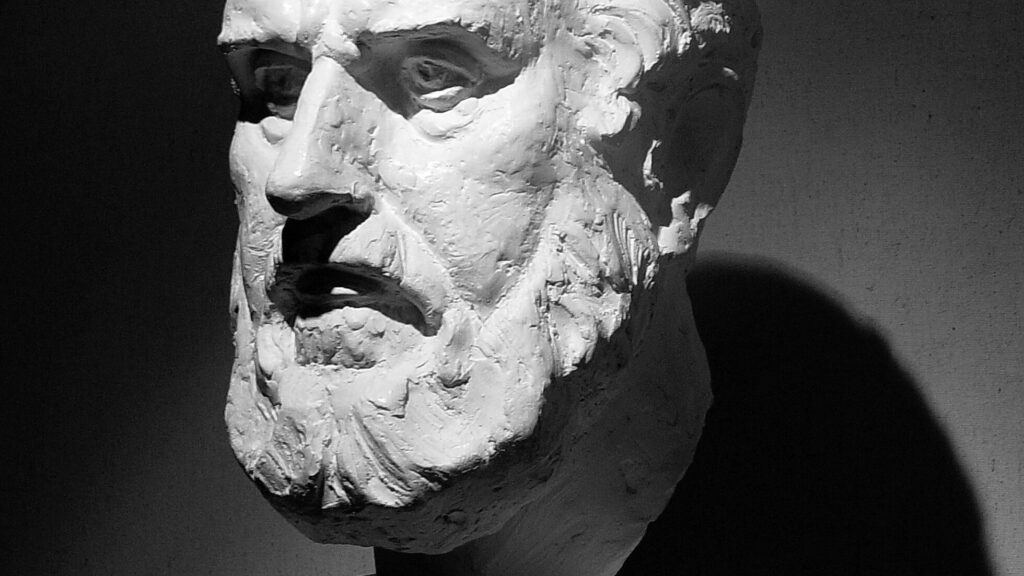
The Father of Medicine
Hippocrates was a Greek physician who is considered one of the most important figures in the history of medicine. He is often referred to as the “Father of Medicine” due to his significant contributions to the field of medicine, particularly during the 5th and 4th centuries BCE.
Life and Career
Hippocrates was born on the island of Kos, Greece, around 460 BCE. His father, Heraclides, was a physician, and Hippocrates is said to have learned the art of medicine from him. Hippocrates spent most of his life on the island of Kos, where he established a medical school and treated patients.
Contributions to Medicine
Hippocrates made significant contributions to the field of medicine, including:
- Galenic method: Hippocrates developed a method of diagnosis and treatment that involved observing the patient’s symptoms, physical examination, and laboratory tests.
- Four humors theory: Hippocrates believed in the four humors (blood, phlegm, yellow bile, and black bile) that were thought to be responsible for maintaining health and causing disease.
- Sanation: Hippocrates emphasized the importance of sanitation, hygiene, and personal responsibility in maintaining health.
Writings
Hippocrates wrote extensively on medicine, and his works include:
- The Aphorisms: A collection of medical sayings and maxims that provide insight into Hippocratic thought.
- The Airs, Waters, and Places: A treatise on the relationship between climate, environment, and disease.
- The Nature of Man: A philosophical work on human nature and the causes of disease.
Influence
Hippocrates’ influence on medicine extends far beyond his own time. His ideas and methods were adopted by many physicians throughout history, including Galen and Avicenna. The Hippocratic oath, which is still taken by physicians today, reflects the principles of medical ethics that he established.
Legacy
Hippocrates’ legacy is complex and multifaceted:
- Foundational figure: He is considered one of the most important figures in the history of medicine.
- Influence on Western medicine: Hippocratic ideas have had a profound impact on the development of Western medicine.
- Philosophical contributions: His philosophical works provide insight into human nature, ethics, and the role of medicine in society.
Controversies
Hippocrates’ legacy has also been surrounded by controversy:
- Historical accuracy: Some scholars question the historical accuracy of Hippocratic texts, which were often compiled from earlier sources.
- Medical practices: Hippocratic medical practices, such as bloodletting and purging, are now recognized as ineffective or even harmful.
Conclusion
Hippocrates was a groundbreaking physician who made significant contributions to the field of medicine. His ideas and methods continue to influence medical practice today, and his legacy serves as a reminder of the importance of ethics, sanitation, and personal responsibility in maintaining health.
